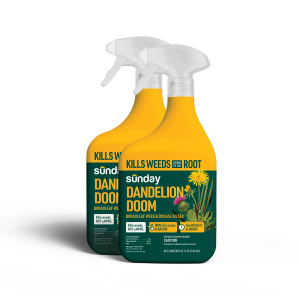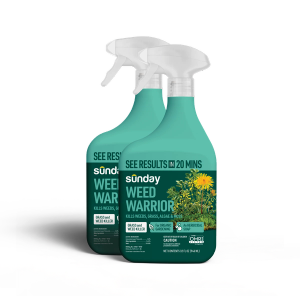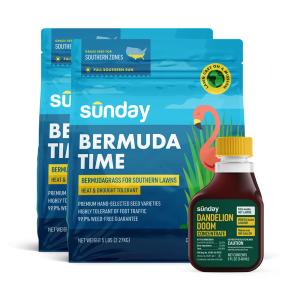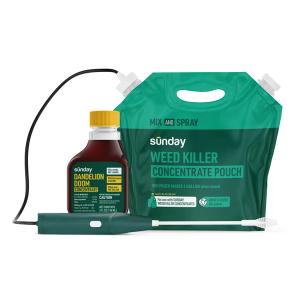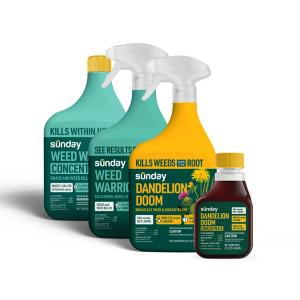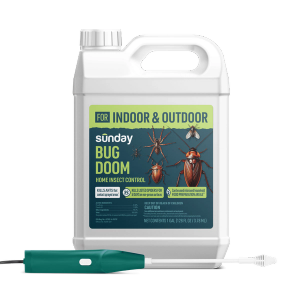What are biopesticides?
Biopesticides are alternative pesticides that are naturally-derived from animals, plants, microorganisms, and certain minerals. For example, canola oil, iron, and baking soda have pesticidal applications and are considered biopesticides.
What are the advantages and disadvantages to biopesticides?
As with all pesticides, there are pros and cons to biopesticide use.
The benefits:
- Are usually less toxic than conventional pesticides.
- Generally affect only the target pest and closely related organisms.
- Are effective in very small quantities and decompose quickly - resulting in lower exposure and largely avoiding the pollution problems caused by conventional pesticides.
- When used as a component of Integrated Pest Management programs, can greatly reduce the use of conventional pesticides.
The drawbacks:
- Usually requires multiple applications for full effectiveness.
- Can still harm unintended targets if not used properly.
Safety first!
To use biopesticides (or any pesticide) effectively and safely, you must properly identify the pest being treated. And, as always, carefully follow all label directions.
Sunday and biopesticides
At Sunday, we want to make sure that your little plot of land is not only beautiful, but safer for you, your family, and your pets. That’s why we’ve developed products like Dandelion Doom—a biopesticide that is effective but also environmentally responsible—so you can get back to what matters most, without worrying about what’s on your lawn.
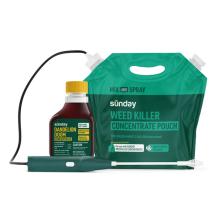
Dandelion Doom Lawn Weed Killer - Starter Pack
- Reusable, easy-fill gallon pouch and battery-powered wand sprayer
- Treats up to 224 sq. ft.
- Safe for use on lawns
- See results within hours!
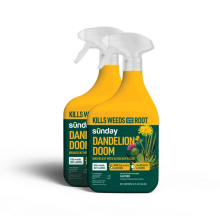
Dandelion Doom Weed Killer Spot Treatment (2-pack)
- Two 32 oz. spray bottles -- great for spot treatments!
- Kills broadleaf weeds down to the root
- See results within hours
Cited sources
Lindberg, L. and S. Arthurs. What is a biopesticide?
Michigan State University. US Environmental Protection Agency. Biopesticides.







